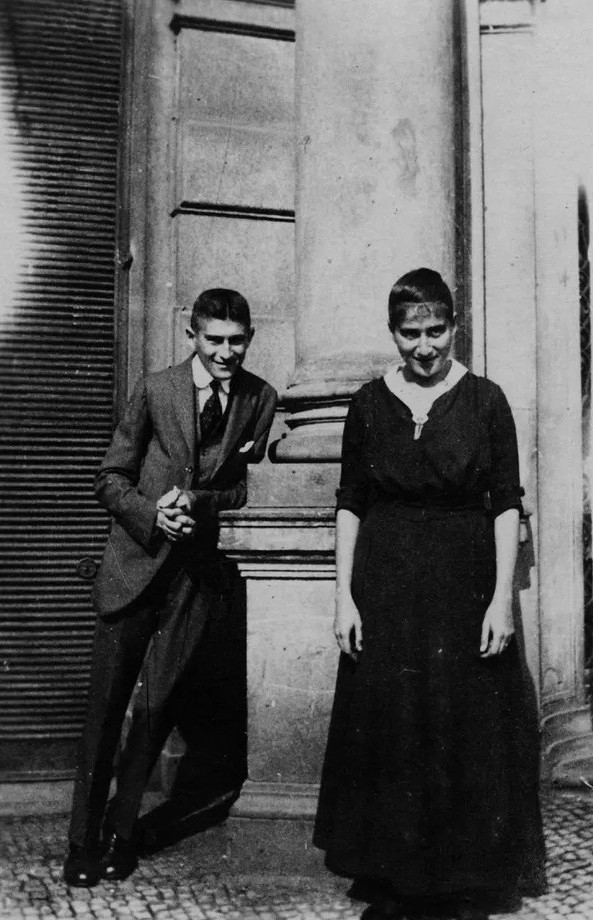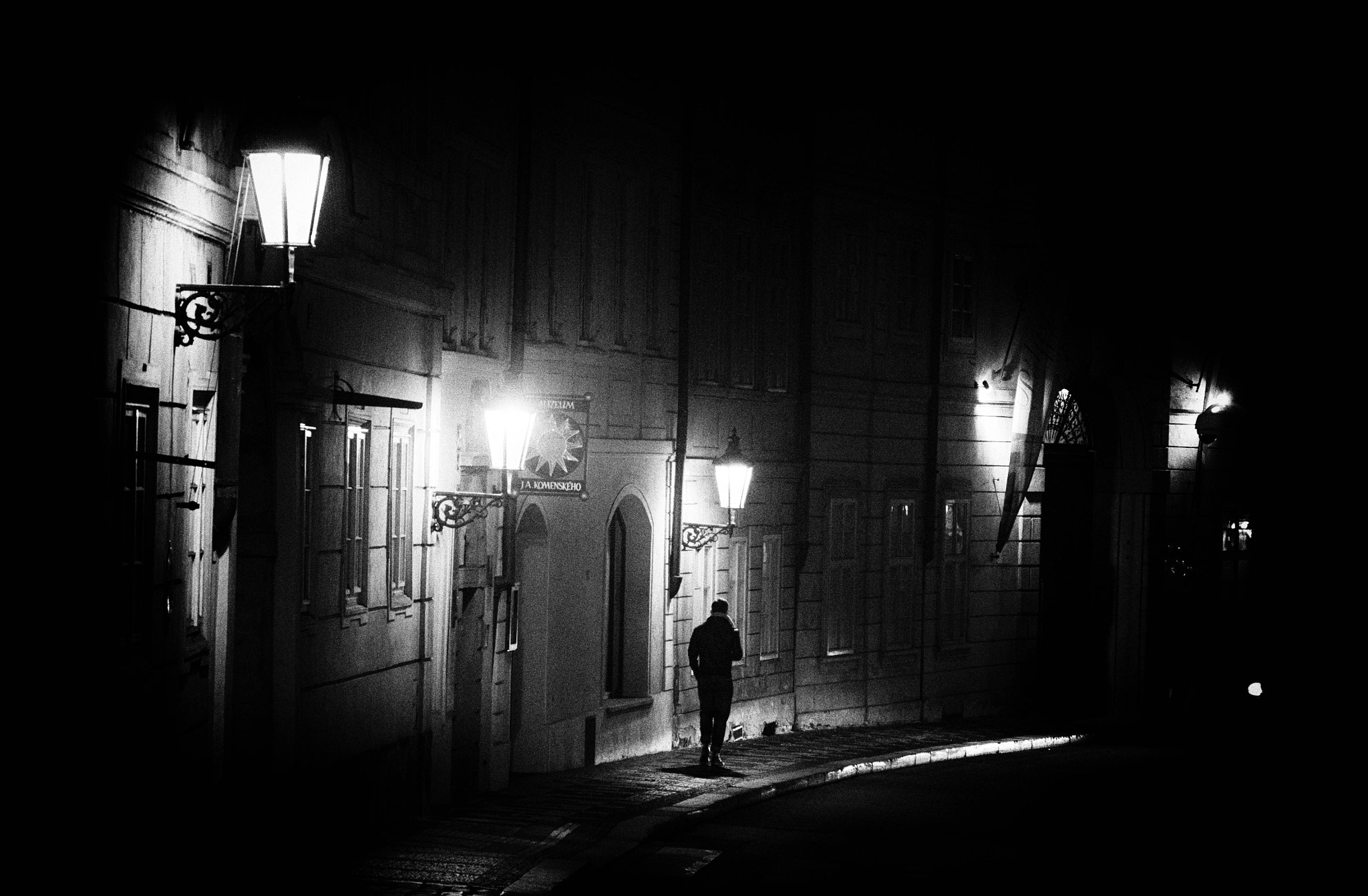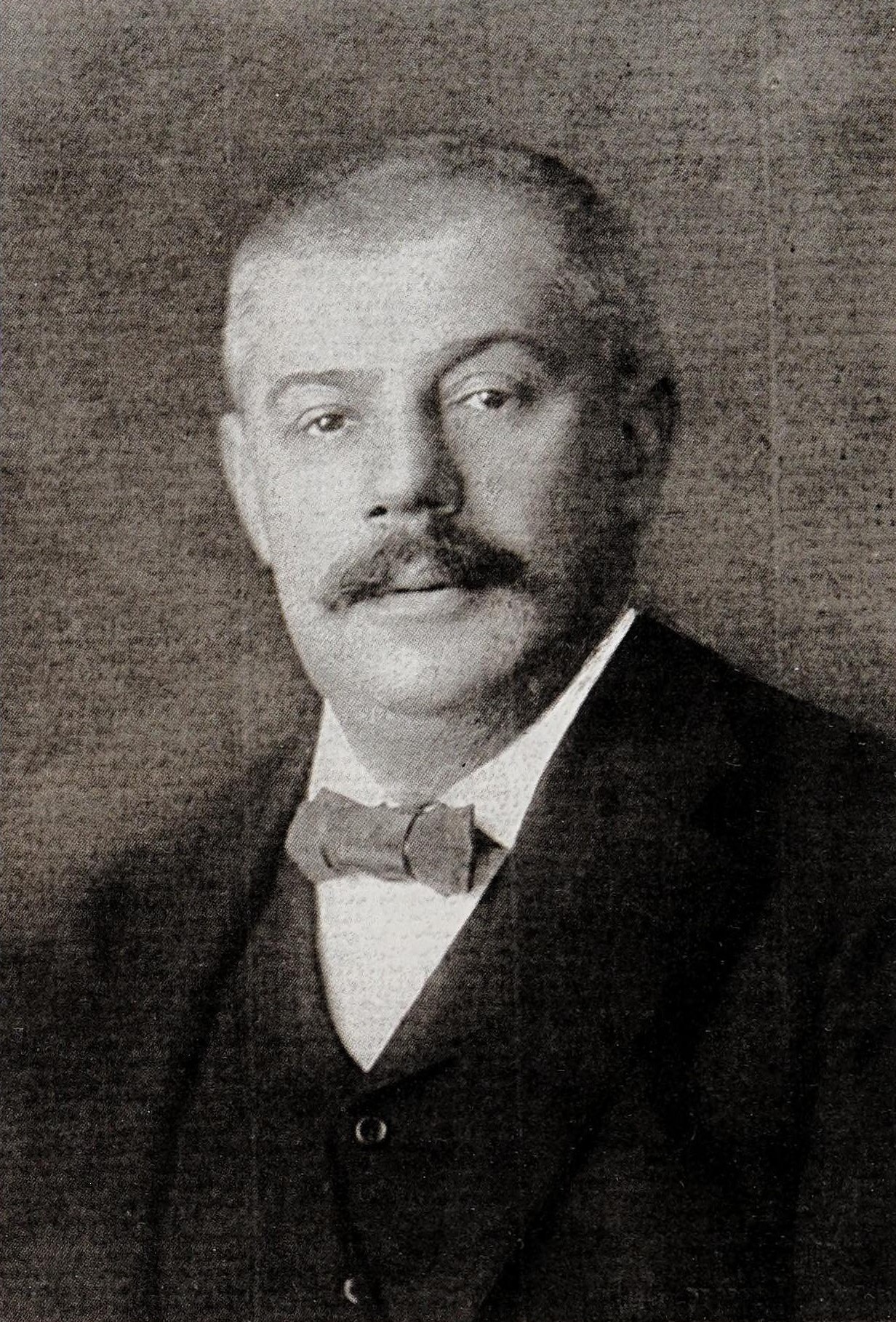“Als Gregor Samsa eines Morgens aus unruhigen Träumen erwachte, fand er sich in seinem Bett zu einem ungeheuren Ungeziefer verwandelt.”
This sentence, the first of Franz Kafka’s 1915 story The Metamorphosis or Die Verwandlung in German, has puzzled translators for over a century.
In 1933, Edwin and Willa Muir settled on the following: “As Gregor Samsa awoke one morning from uneasy dreams he found himself transformed in his bed into a gigantic insect.” Stanley Corngold’s 1972 translation replaced “uneasy” with “unsettling” and “gigantic insect” with “monstrous vermin.” Joachim Neugroschel (1993) kept “monstrous vermin,” but changed “unsettling” to “agitated.” Joyce Crick (2009) changed “agitated” back to “uneasy” while turning “monstrous vermin” into “some kind of monstrous bug.”
Unlike the words Bett or Träumen, neither unruhigen (a state of unsteady movement, according to Oxford Languages) or Ungeziefer (an animal that causes damage and is unwanted) has a direct translation. In their prefaces, each of the aforementioned translators makes a case for why they think their choice of words most closely captures the meaning and feeling of the original.

Looking beyond The Metamorphosis, Kafka’s seemingly untranslatable writing shows that — although there may not be such a thing as a perfect translation — translators can get closer to the source material by studying the author’s native language, as well as the life experiences that shaped them as artists.
Strange German words
Fluent in Czech, German, and Hebrew, Kafka knew there are certain things you can express in one language that you simply cannot in another. “I have not always loved my mother as much as she deserved and as I could,” he wrote in his diaries, “only because the German language hindered me from doing so. The Jewish mother is no ‘Mutter,’ the designation Mutter makes her a little odd.”
Though he himself had been raised speaking Czech, Hermann Kafka encouraged his children to learn German as, in the Austro-Hungarian city of Prague, German was the language of the ruling class: a gateway to prosperity, influence, and respect. Kafka grew to like it for its poetry and not its politics. Exposed to authors such as Johann Wolfgang von Goethe, Franz Grillparzer, and Heinrich von Kleist, he developed a deep appreciation for those aspects that made German unique — aspects that went on to shape his own writing style.
“German syntax can be rather complex and intricately nested with clauses and subclauses,” Ross Benjamin, whose English translation of Kafka’s diaries was published in January 2023, tells Big Think over Zoom. Subject, object, and verb, always close together in English, tend to become spread out in German, so much so that you often have to read until the very end of the sentence to see where the author is going — a quality Kafka uses time and again to play with tone, irony, and suspense. “It’s like a fuse from those Looney Tunes cartoons, that starts way outside, then sneaks through the window, under the table, and over some furniture, and finally detonates.”

One well-known cliché about the German language is that it’s full of long, intimidating compound words like Arbeiterunfallversicherungsgesetz, but it’s the smaller discursive words such as doch (but) or übrigens (by the way) that tend to trip up translators, and that is because their inclusion in a sentence completely alters its inflection. When translating the diaries, Benjamin had to figure out how to translate these words without sacrificing Kafka’s elegance and momentum.
Last but not least, there’s the question of what to do with untranslatable words like Ungeziefer. “We don’t have a word with all those connotations in English,” Benjamin says. “When you look at its origin, it had to do with an animal that’s not fit for sacrifice.” The word itself starts with a negation — an un — which pushes Benjamin toward the translation “insect,” if only because it sounds similar. Conversely, he is not a fan of vermin. “Vermin can mean a lot more than just insect,” he explains, “and in The Metamorphosis, we’re clearly dealing with one.”
Understanding Franz Kafka
When the limitations of language force translators to take creative liberties, understanding the author’s life — their experiences and worldview — can help produce a more accurate translation. Kafka’s worldview seems to have been greatly influenced by anti-Semitism in Habsburgian Prague. “Prasive plemeno — filthy brood — is what I heard them call the Jews,” he wrote of a demonstration. “Isn’t it only natural to leave a place where one is so bitterly hated?… The heroism involved in staying put in spite of it all is the heroism of the cockroach, which also won’t be driven out of the bathroom.”
Equally oppressive was the presence of his father, whose hypermasculine physique and character made Kafka deeply insecure about his own. He dreaded asking Hermann for water in the middle of the night, or going to the beach and changing in the same tent. At the same time, he grew to love swimming and, as an adult, would travel to picturesque lakes whenever he had the chance. Kafka’s insecurity might explain his obsession with Lebensreform, a 20th century health craze that convinced people they could boost their immune systems by sleeping under open windows and chewing their food until it had liquefied inside their mouths. Kafka boasted he went on walks around the city until he could no longer feel his fingers, but he was also a hypochondriac who feared even the slightest ailment would prove fatal. Then again, he did eventually die of tuberculosis at age 40.

Despite everything we know about him, it’s difficult to say what kind of person Kafka really was. This is, in part, because the already enigmatic contents of his diaries were heavily edited by the Bohemian Max Brod. Kafka asked Brod, his closest friend, to burn his diaries as well as the unfinished manuscripts of his novellas The Trial and The Castle following his untimely death. Brod famously refused, saving and publishing Kafka’s diaries — but not without doctoring them first. In addition to cleaning up unpunctuated passages and forcing them into a linear mold, Brod also omitted mentions of “beautiful Swedish boys,” among other homoerotic lines, to protect both their reputations.
The original, unedited diaries, now available in English thanks to Benjamin, offer fresh insight into Kafka’s personality. As Becca Rothfeld wrote in a review for The New Yorker, Kafka, long presented as a neurotic hermit by mass media, was actually “a surprisingly functional person, subject to the usual vicissitudes of mood.” He went to plays, lectures, and movies, and liked to spend time with Brod. Once, he joined him on a trip to Paris, writing, “How easily grenadine with seltzer goes through one’s nose when one laughs.” This different, more nuanced version of Kafka warrants a different, more nuanced interpretation of his fiction which could inform future translations.
The unabridged diaries not only teach us about Kafka’s personality, but also his writing style. Unlike Brod, Benjamin told Slate he “resisted any temptations to tidy up the prose, reproducing his misspellings, sparse and unorthodox punctuation, slips of the pen, and occasionally muddled syntax.” To that end, his translation offers a largely unedited, unadulterated impression of Kafka’s style. That style is spontaneous, disorderly, and indecisive, even more so than his fiction. Sentences are left unfinished and, at times, broken off mid-word — just like the ending of The Castle. One wonders: what would the first sentence of The Metamorphosis read like if it was translated using this approach?
In this article
No comments:
Post a Comment